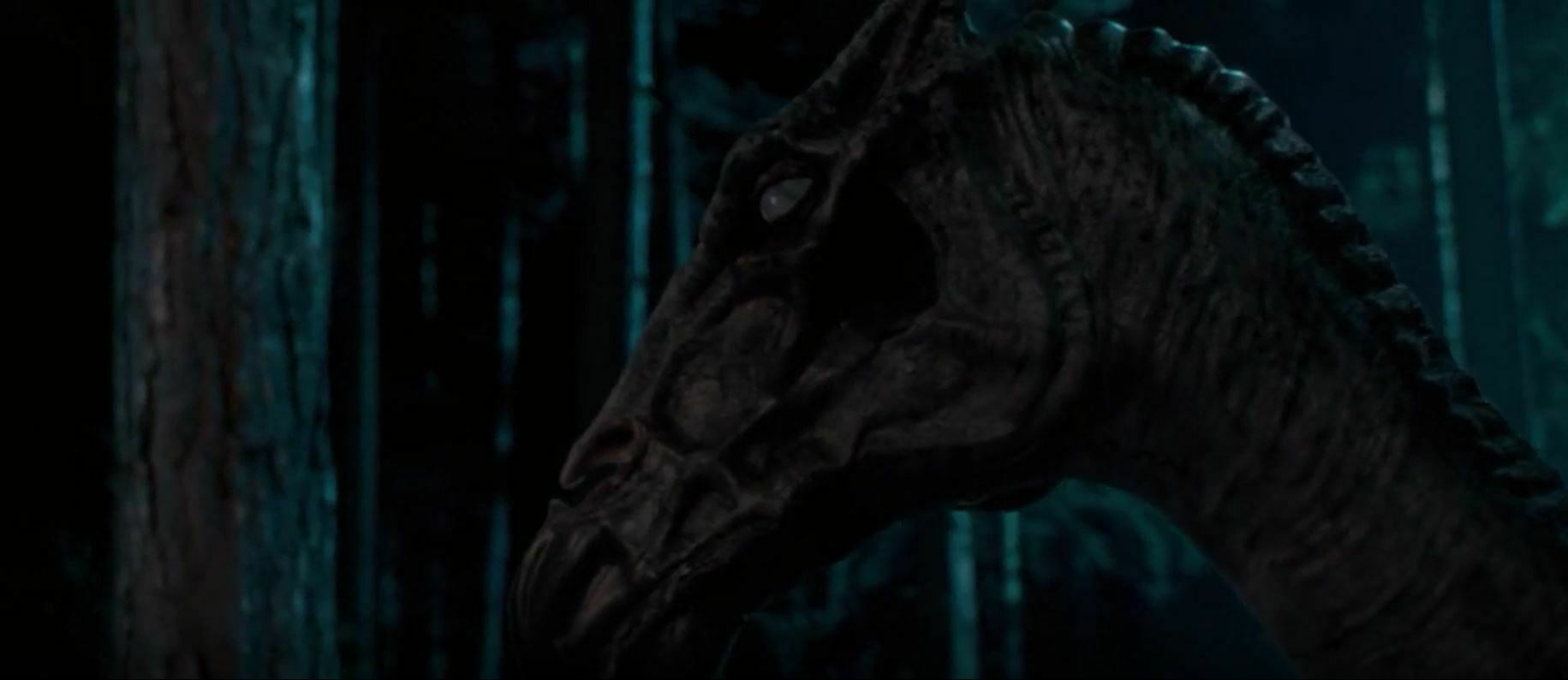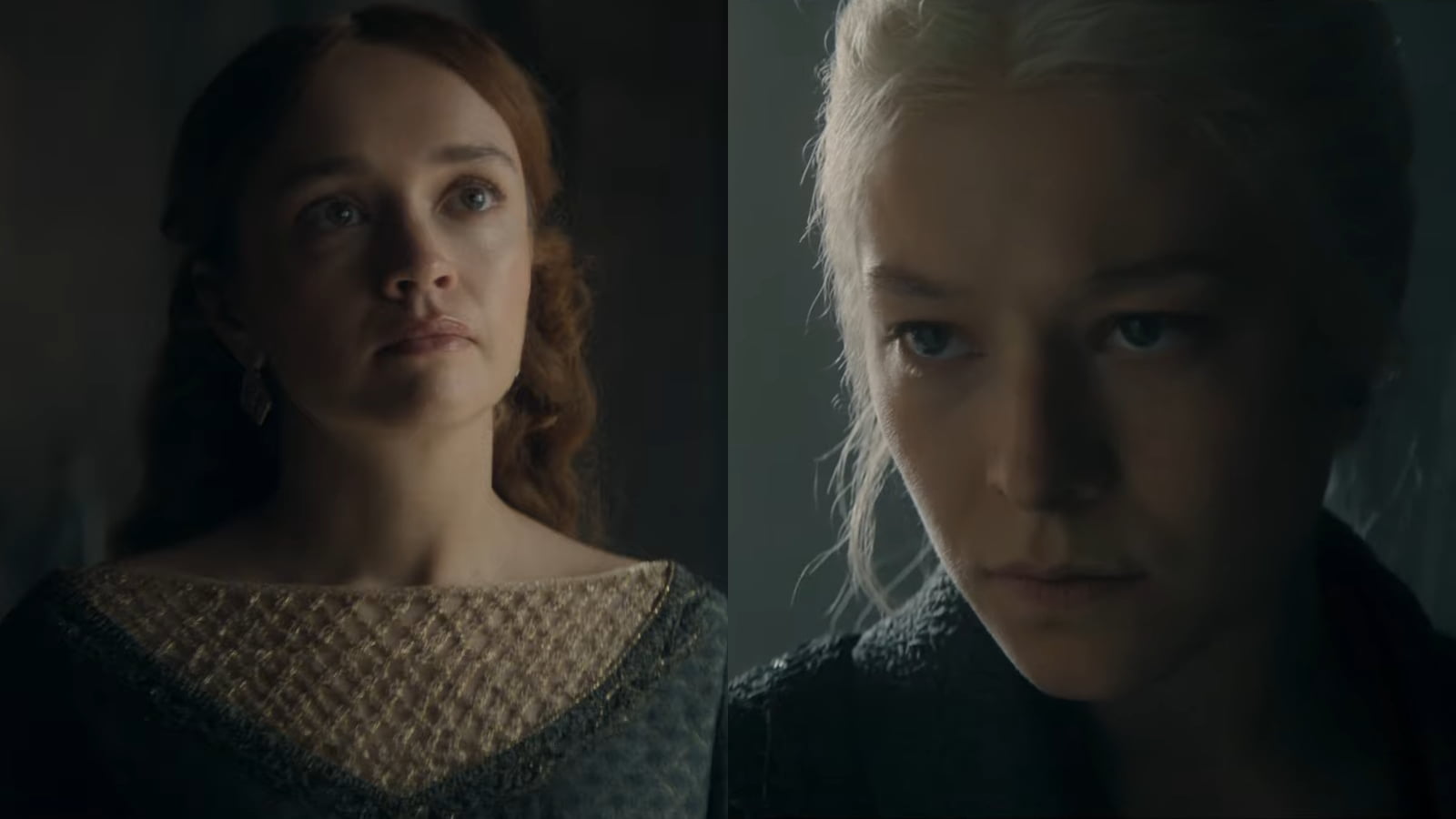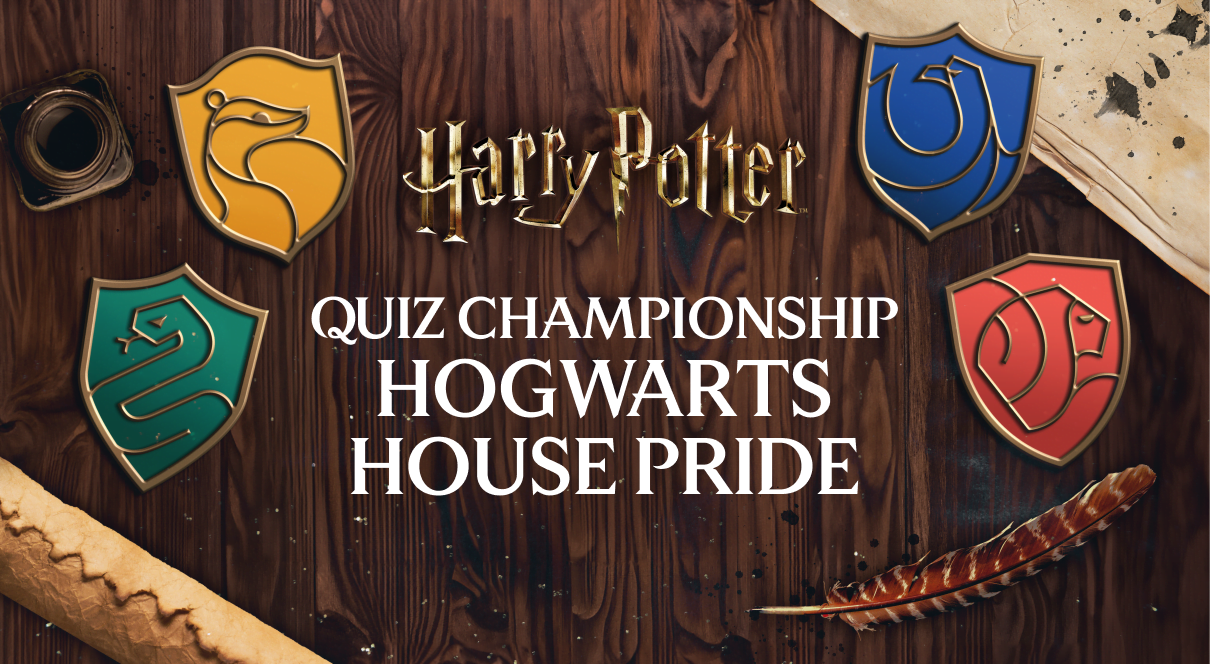Those who study History of Magic, can not possibly get around the subject of Beast or Being. For many centuries, wizards have struggled with the question “which creatures are beings, and which are mere beasts”
Early attempts to classify the multitude of Magical Creatures, date back to the fourteenth century when Burdock Muldoon tried to define beings and called them all to council. Muldoons definition of a being was simple: Any member of the magical community that walks on two legs is classified as “being” the rest as “Beast”
You can perhaps see the gaping hole in this logic, many creatures walk on two legs, Trolls, various birds, pixies; and all are hardly able to communicate in human speech (other than in some cases a few short sentences or crude words)
The following passage from A History of Magic (Bathilda Bagshot) describes the pandemonium of Muldoon’s council:
Little could be heard over the squawking of the Diricaws, the moaning of the Augureys and the relentless, piercing song of the Fwoopers. As wizards and witches attempted to consult the papers before them, sundry pixies and fairies whirled around their heads, giggling and jabbering. A dozen or so trolls began to smash apart the chamber with their clubs, while hags glided about the place in search of children to eat. The Council Chief stood up to open the meeting, slipped on a pile of Porlock dung and ran cursing from the hall.
Bathilda Bagshot – A History of Magic
Muldoon’s successor, Elfrida Clagg, took a different approach to the problem. Having seen that the two-leg definition didn’t work, she redefined Beings as “those able to use human speech”.
This seems a much more sensitive approach, were it not for the fact that many creatures might be taught a few simple sentences or words. Again the council was disrupted by Trolls clubbing up the place, Jarveys proceeded to race around. A delegation of Ghosts who, under this new definition were declared “beings” left in disgust because amphacis was put on “living” and of course a ghost is neither really here nor there.
Now what definition could you come up with to split magical creatures between Beings and Beasts?
Many decades passed since Muldoon’s two-leg theory, until finally around 1811, a definition was brought up that seemed to make a little more sense. It was Grogan Stump, one of the earlier Ministers for Magic, that came with the solution: A Being, is any creature with sufficient intelligence to understand wizarding laws and to bear part of the responsibility shaping those laws.
Using this definition, creatures with humanoid appearences such as the pixy and the fairy, were now placed in the Beast category, Trolls were deemed too stupid, and placed in the Beast category. For the first time, council could be held with Beings in which one could actually have a discussion.
Though the definition by Grogan Stump seems to solve the problem, there is still a lot of controversy going on. Numerous campaigns have been held to re-classify the Muggle as Beast (because they are falling within the Being category as described by it’s definition, but aren’t allowed to attend Wizard council nor follow Wizard laws, for example) Werewolves fall under Beings while in their human form, yet once a month at full moon, they might watch out for the Werewolf Capture Unit, which falls under the Beast Division.
Some creatures, like the Acromantula, are capable of human speech and are actually intelligent, though if you read about Harry Potter and Ron Weasley’s encounters with Acromantula living in the Forbidden Forest at Hogwarts, it becomes clear that they are too violent to “bear part of the responsibility shaping those laws”.
Meanwhile, Centaurs, who want little to do with both Wizards and Muggles alike, refused Being status and requested to be classified as Beasts.






